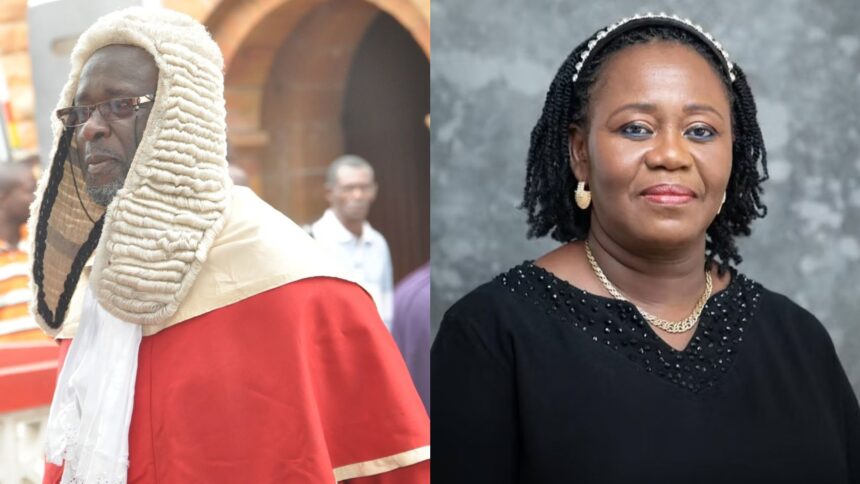As acting Chief Justice, Justice Baffoe-Bonnie offers continuity and experience. His legal career spans decades across Ghana’s lower courts up to the Supreme Court. His measured demeanor and respect within judicial circles position him as a practical steward during this turbulent period. But should he become the permanent Chief Justice? His interim role provides stability, but it may not deliver the broader reform and renewal that the judiciary currently needs.
A Moment for Reform: Potential Contenders and Institutional Change
This transition provides an opportunity to reset and reinvigorate the judiciary, particularly in the face of concerns that the removal may reflect executive overreach and could strain judicial independence. Critics, including members of the opposition and legal bodies, have voiced worry about the precedent set by this dismissal and the opacity of the process
Looking ahead, attention now naturally turns to those sitting just below Baffoe-Bonnie in seniority. Justices Samuel Adibu-Asiedu and Gabriel Pwamang, both members of the inquiry committee, emerge as potential candidates. Additionally, the seven new Supreme Court justices sworn in July—including Avril Lovelace-Johnson, Henrietta Mensa-Bonsu, and others appointed by President Mahama bring fresh perspectives and potential momentum for reform.
Importantly, though, the process of selecting the next Chief Justice must transcend personalities. Ghana’s judiciary will only gain public trust if the selection reflects principles of transparency, merit, and independence. Reforms, such as introducing a Judicial Council that vets chief justices before presidential nomination, could strengthen the court’s institutional autonomy, especially in light of how politically fraught the current episode has been.
Editorial Reflection: A Needed Path Forward
Ghana now faces a defining moment. The new Chief Justice must do more than preside; they must help re-anchor the judiciary as a bulwark of fairness, competence, and independence. Whether it’s Justice Baffoe-Bonnie providing thoughtful continuity, a capable senior justice stepping forward, or a newer justice representing transformative change—the process and perception matter greatly.
To safeguard the legitimacy of the judiciary, a transparent, consultative process involving the legal fraternity, civil society, and Parliament must underpin the appointment. Only then can Ghana emerge stronger, with renewed judicial credibility and public confidence after this constitutional storm.






